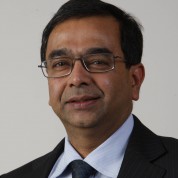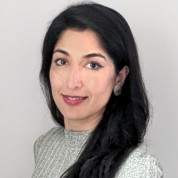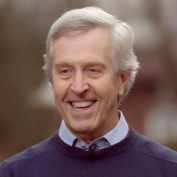Geopolitical forces have been prominent influences on international cooperation in health from the earliest gatherings convened by the Ottoman Empire in the 1830s and continuing to the present day. This observation reflects the reality that health considerations are generally secondary to the trade interests of powerful nations, as revealed by the difficulty of regulating commercial products with health significance and the unwillingness of powerful nations to establish supranational authority for the WHO.
Looking back at this history of health systems in the past century, we can see several milestones that affected how health governance has been shaped throughout the year. Some of these milestones included the establishment of WHO and UNICEF as main health leaders, the Cold war withdrawal of the Soviet Union and its allies from WHO membership between 1949 and 1956 and the shift of the WHO towards USA’s policy perspectives, the creation of the Alma Ata declaration, the 1973 oil crisis and the resulting global recession that decreased investments in health due to more debts on LMIC, the increased influence of the World Bank in the health arena and the establishment of more UN agencies interested in health issues such as UNAIDS and UNDP. All these milestones showed how global governance of health and health systems can change due to several social and political determinants with the influence of several different stakeholders ranging from governments, to whole general populations.
Although the 2015 Sustainable Development Goals (SDGs) and Paris Accord on Climate Change were high-water marks for global normative commitments to health and socioenvironmental determinants, the success of both agreements is under geopolitical threat. There is general consensus that multilateralism is breaking down, the failure of an equitable global response to COVID-19 in which vaccine hoarding by the world’s wealthy nations is estimated to have led to over a million excess deaths in low- and middle-income countries (LMICs). Some argue that the golden age of global solidarity for health, the first decade of the 21st century and the shift from Millennium Development to Sustainable Development Goals, has ended, due largely to heightened geopolitical and ideological rivalries. Others are hopeful that the World Health Organization’s (WHO) efforts to rapidly develop some form of pandemic accord offers an opportunity for multilateral health re-engagement, although this may take what some have called a ‘competitive multilateralism’ in which powerful nations attempt to protect their interests even as they increase their participation in international institutions to avoid spiraling conflicts. Global governance is becoming more anarchic, there is a weakening of international law and norms, notably human rights, and the global economy’s institutional anchors like the IMF, World Trade Organization (WTO), and World Bank, are struggling for legitimacy in a less predictable global environs. Some question if the UN itself can survive its own financial and legitimacy crises.
Navigating this new multipolar system will be daunting. Over the past century, multilateral institutions such as the UN, the WTO and the World Bank have served as pillars of Western-led globalization. But the growing weight of emerging economies now requires equitable representation. Reforming the UN system to reflect these changes will be critical to maintaining global stability. The centrality of health to peoples’ quotidian lives, and hence to the legitimacy of national governments, affords an opportunity to re-examine the role that health, and specifically health equity, might play in creating a fairer, ecologically sustainable world political order.
The objectives of this session include clarifying some of the major definitions and concepts that inform calls to reform the governance of global health. The session will feature speakers who will draw attention to specific problems and experiences that inform their interest in improving the governance of health.
PANELISTS
Biosketch
Bruce Gellin
Githinji Gitahi
Mishal Khan
Precious Matsoso
Srinath Reddy






